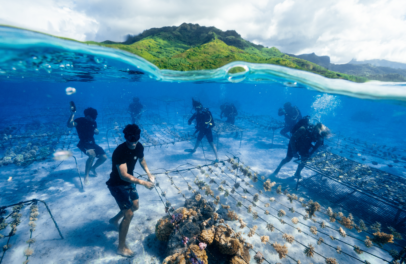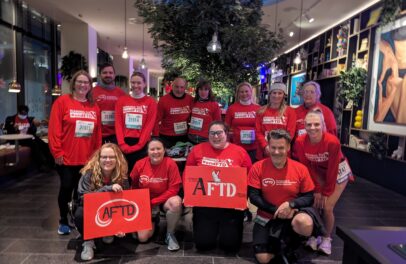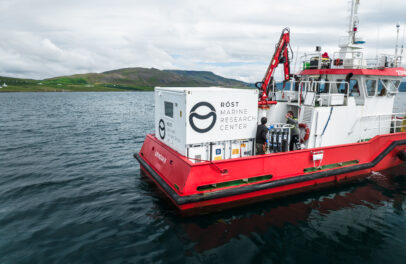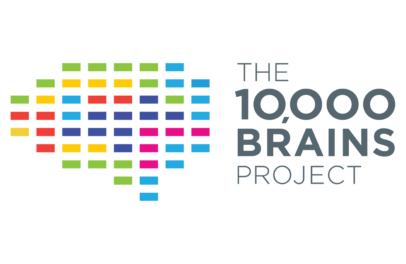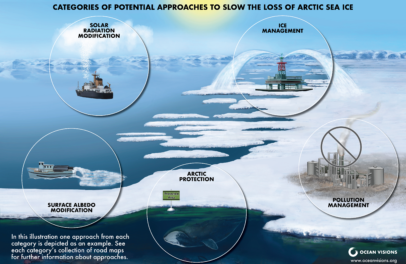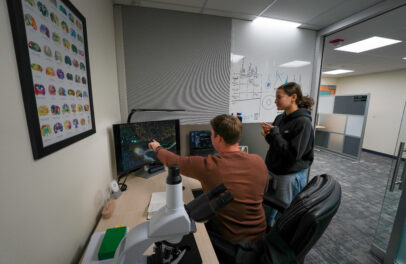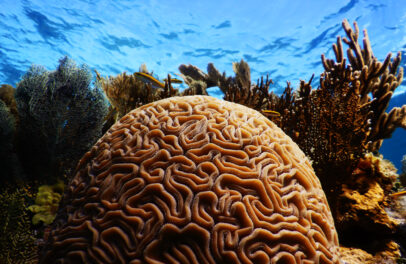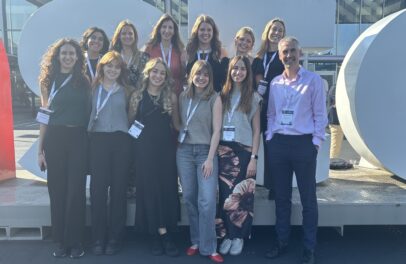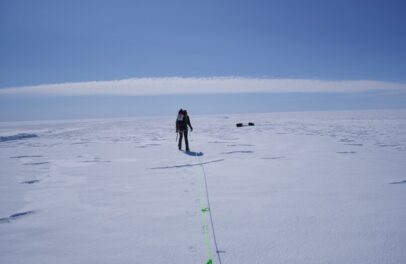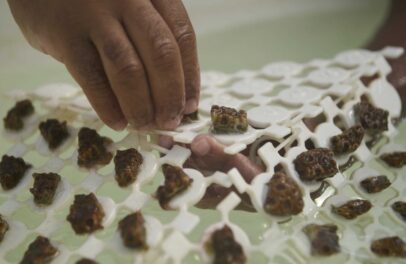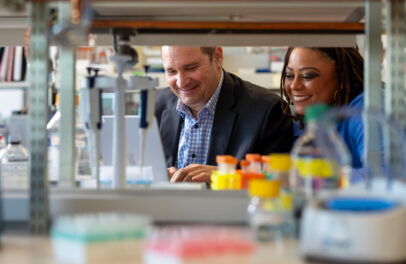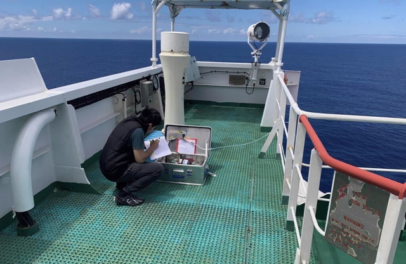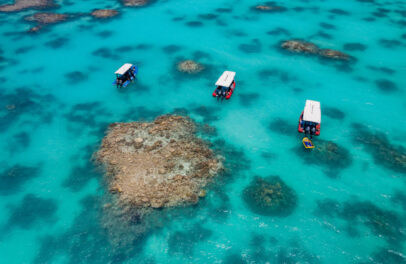Kissick Family Foundation
Catalyzing change
through next generation
philanthropy
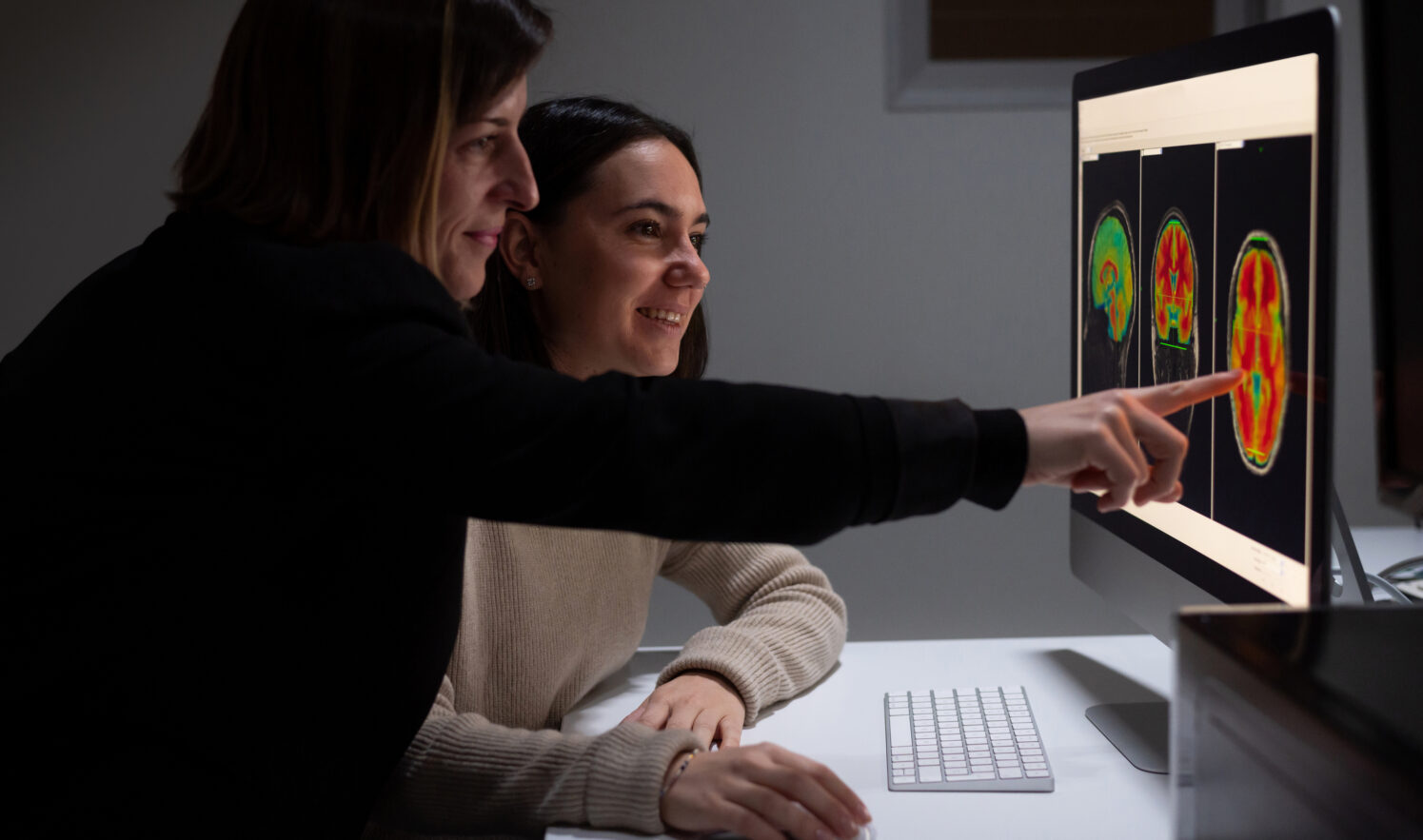
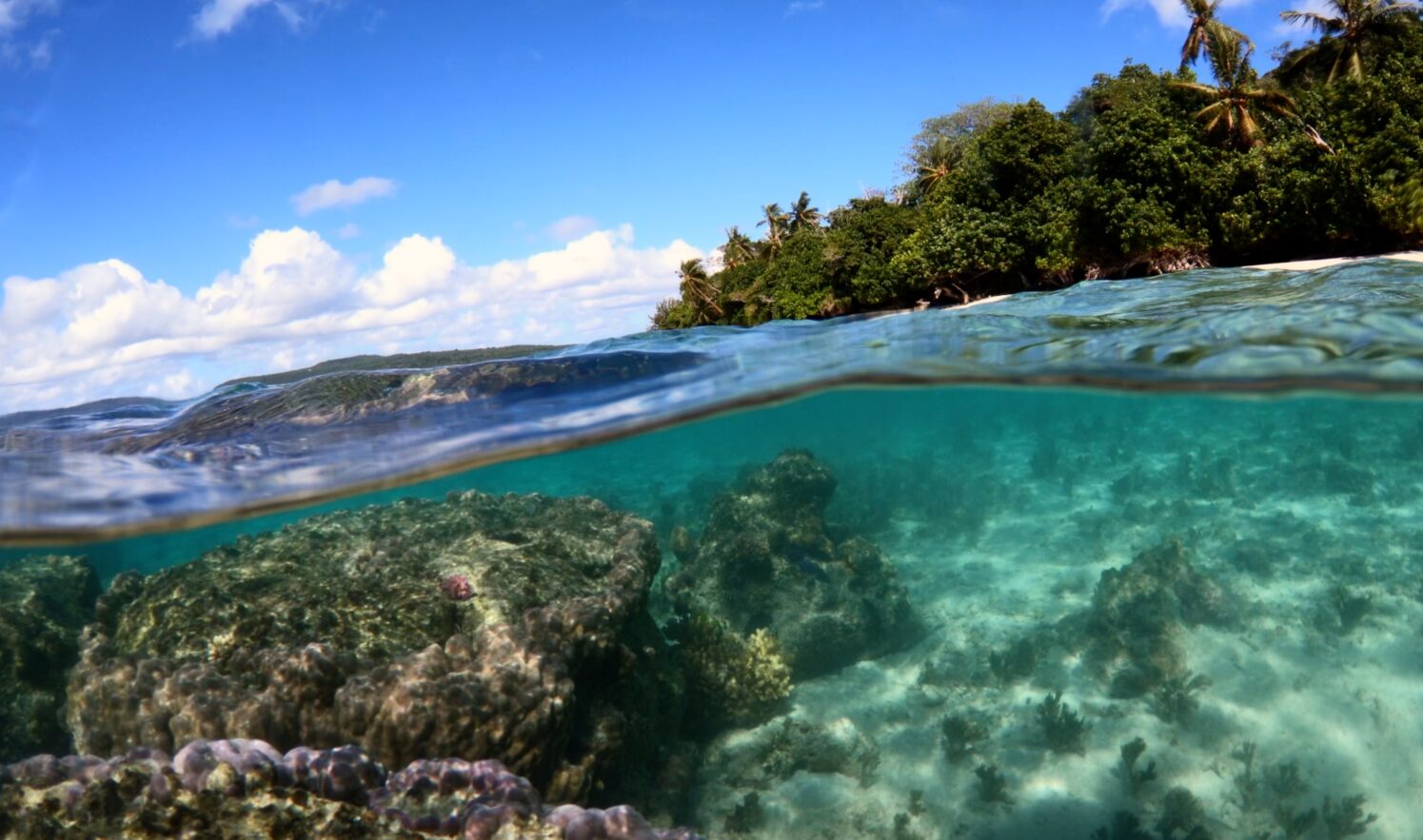
OUR MISSION
We are optimists who believe in the potential for a better future by acting boldly and investing generously in ideas that can have catalytic impact.
We seek to provide critical early support for the leaders, researchers, and entrepreneurs who are finding cures, repairing catastrophic damage to the planet, and changing entire fields of study.
Our StoryOur Approach
- We focus on underinvested opportunities.
- We are not afraid of being “the first.”
- We believe in the power of great leaders.
- We are lifelong learners.
Our Work
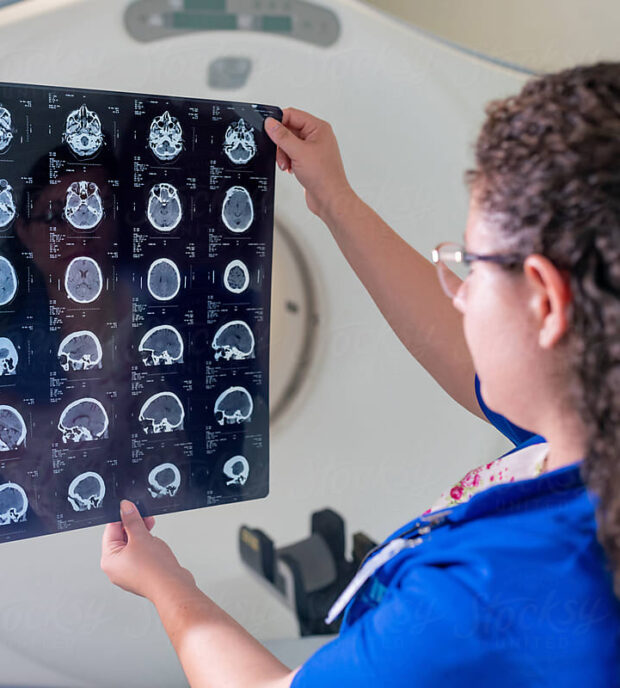
Dementia Research and Awareness
We are dedicated to finding biomarkers and cures for neurodegenerative diseases, specifically frontotemporal dementia (FTD), by investing in cutting-edge scientific research and awareness building.
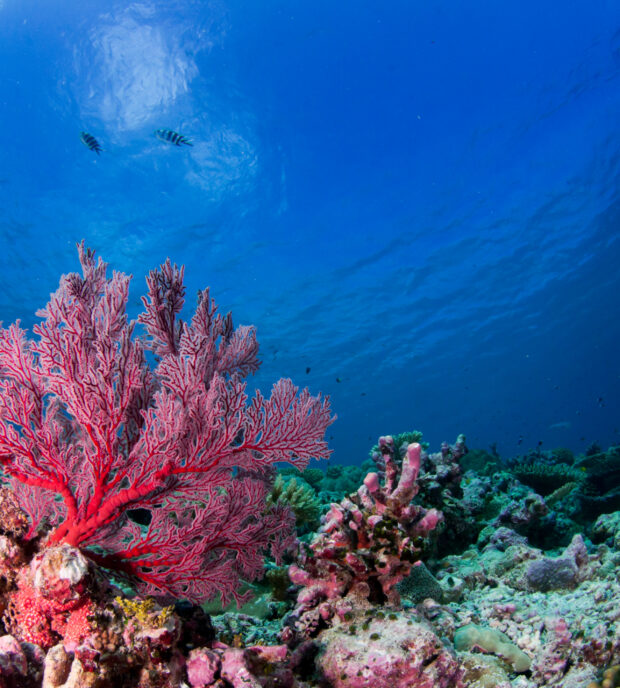
Ocean-Based Climate Solutions
We are passionate about finding and supporting catalytic ideas in the climate space, with a focus on ocean-based solutions.
Select Grantees
We are proud to support visionary leaders and organizations who are advancing their fields. Some of our grantees include:

Beyond Memory
Beyond Memory is a dementia awareness campaign that shines a light on less common types of dementia - including frontotemporal, Lewy body, and vascular dementia.
By addressing common myths, it helps the public see that dementia shows up in many ways beyond memory loss. Our goal is to reach people not yet part of the dementia conversation, help them spot early signs, connect them with trusted information, and guide them toward accurate diagnosis and appropriate care.
The campaign was made possible by the support of many incredible partners and advocates, in particular Purpose, The Association for Frontotemporal Degeneration, The Lewy Body Dementia Association, Milken Institute Science Philanthropy Accelerator for Research and Collaboration, and Roon.
VISIT WEBSITE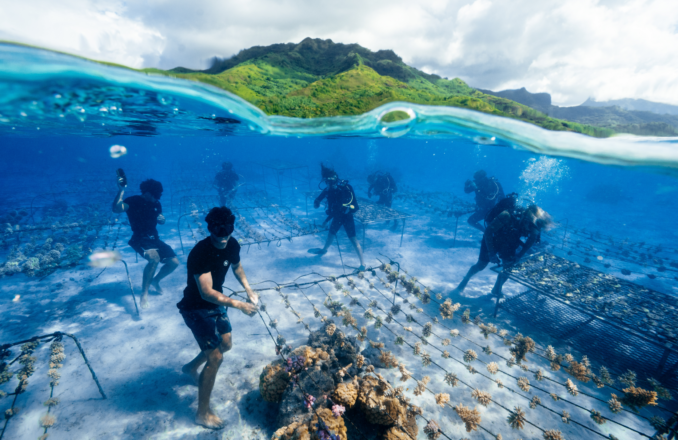
Coral Gardeners
Coral reefs are the most biodiverse and valuable ecosystems on our planet, yet they are one of the most impacted by climate change and human pressures, in peril of going extinct by 2050. Founded on the island of Mo'orea, Coral Gardeners' mission is to revolutionize ocean conservation through actively planting resilient corals at numerous sites in French Polynesia and beyond, creating awareness campaigns and engaging activities to inspire local and global action, and scaling the work by applying innovative technology solutions in service of the reef.
Visit Website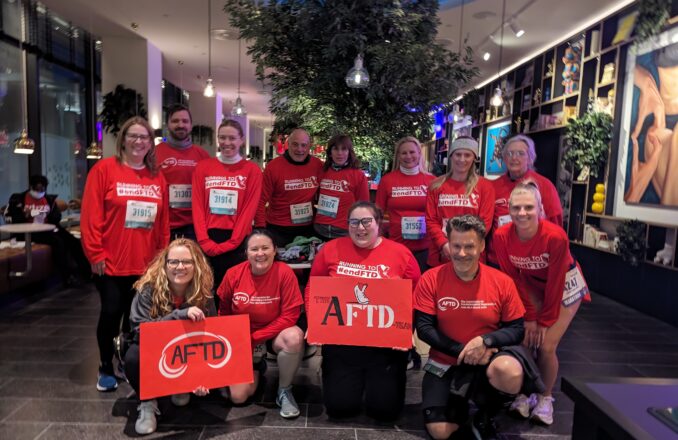
AFTD
The Association for Frontotemporal Degeneration (AFTD) is the leading organization focused exclusively on the spectrum of FTD disorders. Based in King of Prussia, Pennsylvania, AFTD’s staff and Board of Directors work with a national network of volunteers to advance earlier and more accurate diagnosis, accelerate the development of effective therapies, ensure that quality care and support are available to all in need, raise awareness, and advocate on behalf of all who face – or will face – this disease. AFTD works every day to bring forward a world with compassionate care, effective support, and a future free of FTD.
Visit Website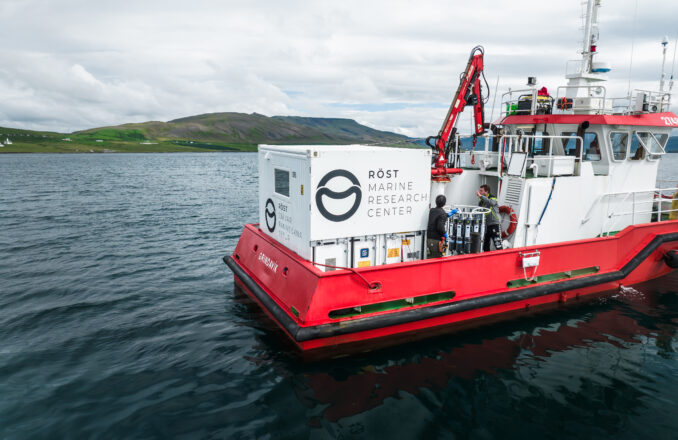
Carbon to Sea
For billions of years, minerals on land have been washing into the ocean, creating slightly alkaline waters and drawing down carbon dioxide from the atmosphere. Carbon to Sea is the leading initiative to explore whether the acceleration of this natural process, known as Ocean Alkalinity Enhancement, can safely remove and store carbon dioxide. This research could be pivotal in preventing the worst potential outcomes of climate change.
Visit Website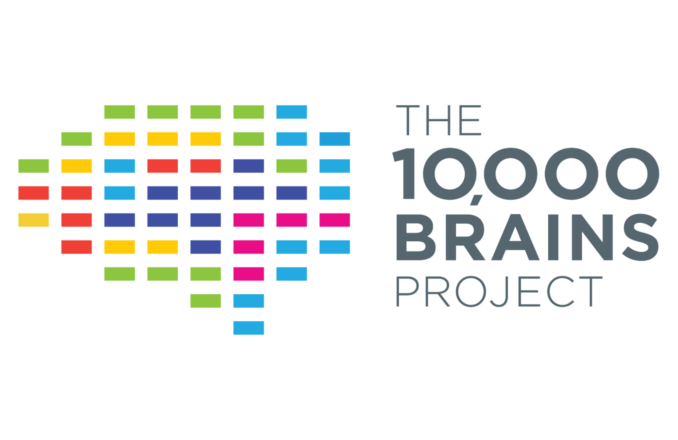
The 10,000 Brains Project
The 10,000 Brains Project accelerates the use of computational approaches such as AI in the fight against FTD and other neurodegenerative disorders. The organization's first major initiative is the creation of a digital brain bank. Neuropathology is considered the gold standard for disease understanding, but most brain tissue is stored away on glass slides. This project will generate ultra-high resolution whole slide images from up to 10,000 patients' brain tissue samples. The dataset will be shared freely with the global research community, where it can be used to supercharge the pursuit of novel biomarkers and more personalized treatments.
VISIT WEBSITE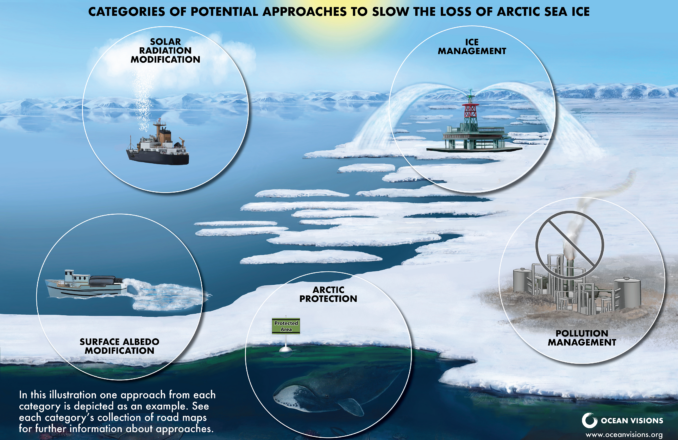
Ocean Visions
Ocean Visions is a science-based conservation organization focused on the interlocking ocean and climate crises. Their work is based on the substantial body of science indicating that without confronting the planet's energy and carbon dioxide imbalances, no other conservation measures will be able to address the cascade of impacts to the ocean and planet. Focusing on neglected areas like prolonging Arctic Sea Ice and marine carbon dioxide removal, they catalyze action by providing detailed insights to institutions around the world to accelerate the development of potential solutions in the fight against climate change.
Visit Website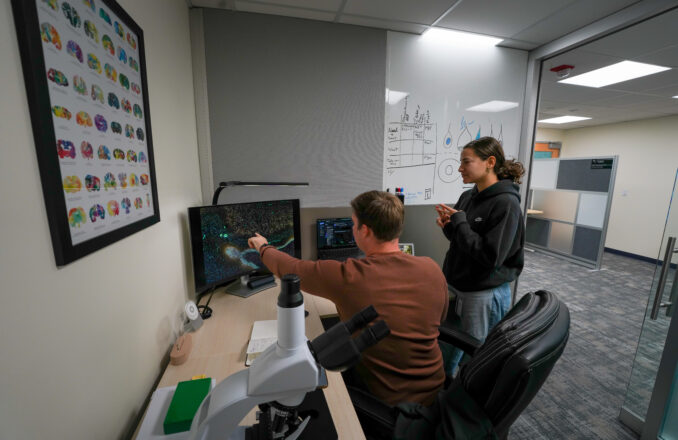
Innovative Genomics Institute
Principal investigator: Alexander Ehrenberg, PhD
Alex Ehrenberg (PhD) is a translational neuroscientist at UCSF’s Memory and Aging Center and the Doudna Lab at UC Berkeley’s Innovative Genomics Institute. Neurodegenerative diseases like frontotemporal dementia predictably affect certain brain regions and not others. Dr. Ehrenberg uses tissue collected from patients at autopsy, medical genetics, and laboratory models to understand why neurons are vulnerable or resistant to degeneration. Learning more about mechanisms of selective neuronal vulnerability will help establish new therapeutic targets, especially for patients with inherited disease variants.
Visit Website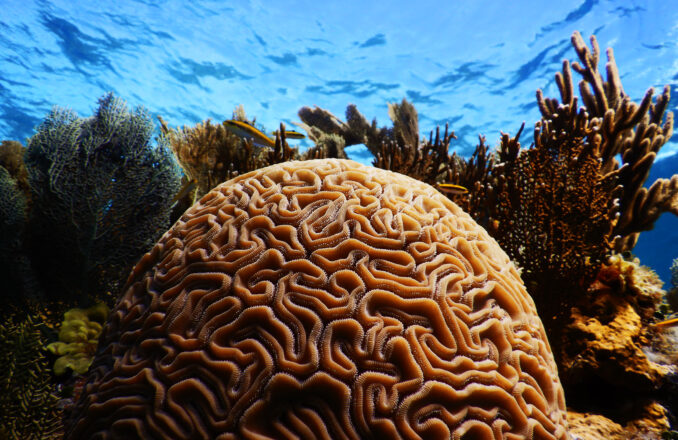
Revive & Restore
Coral reefs are among the most important—and most imperiled—ecosystems on the planet. Revive & Restore’s Advanced Coral Toolkit develops and applies cutting-edge biotechnologies to advance coral reef conservation and management. From cryopreserving coral fragments to transferring resilience through stem cell transplants, identifying stress-response genes, and developing probiotic treatments for coral disease, Advanced Coral Toolkit projects pioneer transformative methods to boost coral diversity and resilience. These tools create actionable coral conservation solutions for the present while laying the groundwork for future intervention options.
Visit Website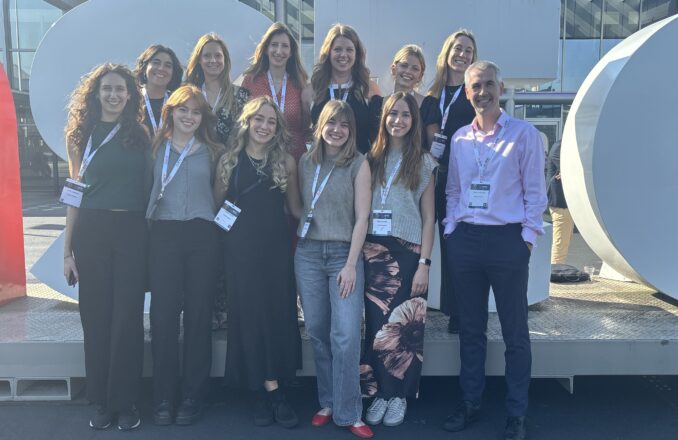
GENFI
The Genetic Frontotemporal Dementia Initiative (GENFI) is a group of research centres across Europe and Canada with expertise in FTD, coordinated by Professor Jonathan Rohrer at University College London. The aim of the study is to understand more about genetic FTD to gain insights into the disease at its earliest stages, as well as markers that allow the progression of the disease to be tracked.
Note: The Kissick Family Foundation's grant to GENFI is administered by its strategic partner, the Milken Institute.
Visit Website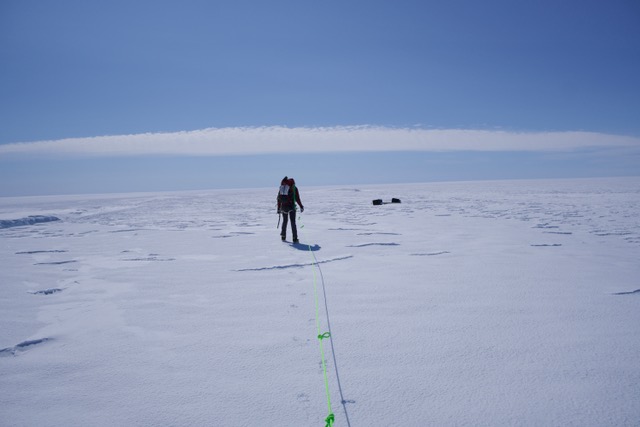
Arête Glacier Initiative
Arête Glacier Initiative is a nonprofit focused on forecasting and managing the risk of sea-level rise, particularly from vulnerable glaciers like Thwaites Glacier in West Antarctica. By advancing research on sea-level rise modeling, monitoring, and observational technology, we aim to improve predictions to inform mitigation and adaptation strategies. We also assess the safety, feasibility, and effectiveness of potential interventions to stabilize ice sheets and actively manage rates of sea-level rise, enabling science-based societal decisions to address the impacts of climate change and protect at-risk communities.
Visit Website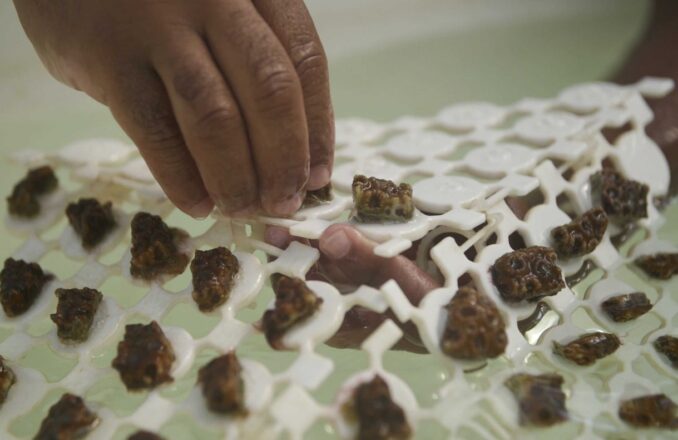
The Nature Conservancy
The Nature Conservancy is one of most effective and wide-reaching environmental organizations in the world. As part of their efforts to protect the ocean and tackle climate change, they are developing and demonstrating innovative tools and technologies to reduce costs and dramatically scale coral production for restoration.
Visit Website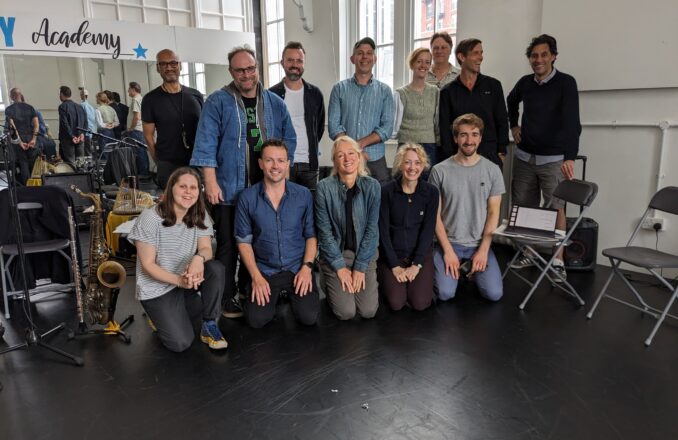
UnRavelled
UnRavelled is an award-winning play based on the extraordinary lives of Anne Adams, a brilliant scientist turned painter, and Maurice Ravel, composer of the iconic Boléro. Both were affected by Frontotemporal Dementia (FTD), and their stories reveal a surprising connection between neurological disease and creative brilliance.
Visit Website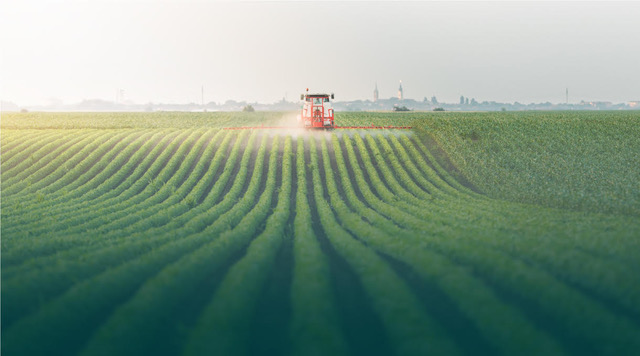
Cascade
Cascade is a philanthropically-backed nonprofit accelerating progress in interventions that harness Earthʼs natural systems—from soils, to oceans, to glaciers—to help stabilize our climate. Since its founding, Cascade has established itself as the leading hub of field-acceleration work in enhanced rock weathering at a critical inflection-point moment for the ecosystem.
VISIT WEBSITE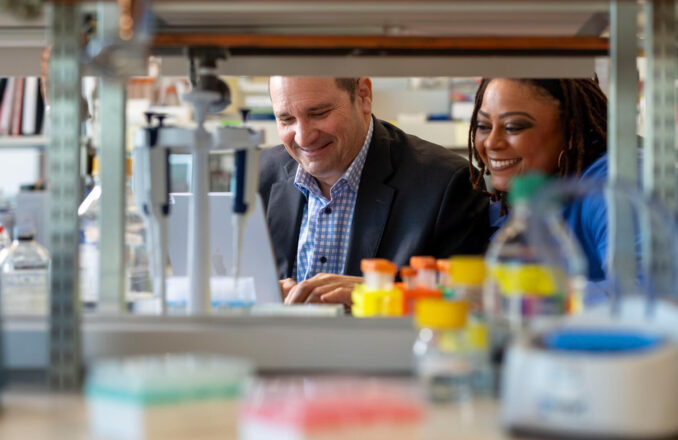
Petrucelli Lab
Dr. Petrucelli and his research team are leaders in the study of neurodegenerative diseases, focusing on Alzheimer’s disease, amyotrophic lateral sclerosis (ALS), and frontotemporal dementia (FTD). Their work bridges fundamental research on disease mechanisms with the development of therapeutic targets and biomarkers. The team has made groundbreaking contributions to understanding c9orf72-mediated ALS and FTD, including being among the first to describe RAN translation and antisense pathology in these conditions. They developed the first mouse model to replicate behavioral and neuropathological features of these diseases and characterized key biomarkers, solidifying their leadership in the field.
The lab has also spent over a decade studying TDP-43 and tau-related disorders, with emerging research emphasizing aberrant TDP-43-mediated cryptic splicing in ALS/FTD and its implications for biomarker discovery. Recent investigations have focused on TMEM106b, a lysosomal gene implicated in FTD, exploring its role in disease risk through the accumulation of TMEM106b fibrils. Supported by the Kissick Family Foundation, Dr. Petrucelli and his collaborator, Dr. Michael Ward (NIH), will develop model systems investigating how TMEM106B fibrils form, what their cellular impact is, and what role they play in pathogenesis.
VISIT WEBSITE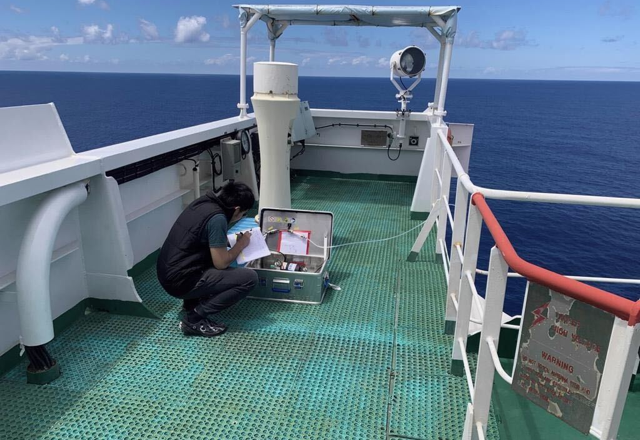
Spark Climate Solutions
A science-driven nonprofit, Spark Climate Solutions accelerates progress in emerging, high-impact climate fields. Spark’s current programs focus on unsolved super climate pollutant emissions. Super pollutants, including methane and nitrous oxide, cause more than half of current warming. Spark’s current programs work to grow the fields working on livestock enteric methane mitigation, methane removal, transformational agricultural nitrogen management, and warming-induced emissions science and monitoring. Spark takes a deeply collaborative field-building approach, doing a mixture of direct work in the field, regranting, and launching new initiatives in order to support the growth of talent, institutional capacity, and collective knowledge to set up each field for long-term success.
VISIT WEBSITE
Malpetti Lab
The Malpetti Lab, led by Dr. Maura Malpetti, at the University of Cambridge focuses on in vivo biomarkers for inflammation, proteinopathies, and synaptic loss to investigate the pathophysiology of frontotemporal dementia and related disorders. To this end, we integrate PET imaging and clinical data with fluid markers and post-mortem pathology to identify and validate early diagnostic and prognostic markers that can inform the design of new disease-modifying treatment strategies. Supported by the Kissick Family Foundation, our Open Network for Frontotemporal dementia Inflammation Research (ON-FIRE) study aims to characterise targetable inflammatory pathways and related blood-based signatures in people with sporadic frontotemporal dementia across diverse communities and >20 research/healthcare centres.
VISIT WEBSITE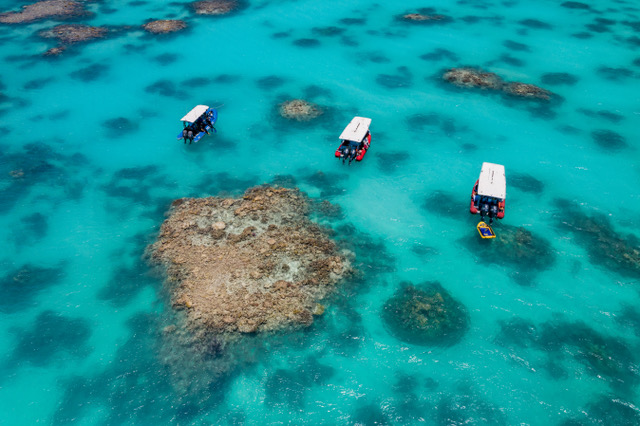
Great Barrier Reef Foundation
The Foundation is creating a better future for the world’s coral reefs by helping them adapt to the impacts of climate change. As the largest coral reef charity on the planet, it raises funds, invests in innovative ideas and designs real-world, scalable conservation programs that are delivering breakthroughs in marine and terrestrial restoration. Walking in step with First Nations Peoples and front-line communities in Australia and the Pacific, it’s fast-tracking and deploying solutions around the world.
VISIT WEBSITE
